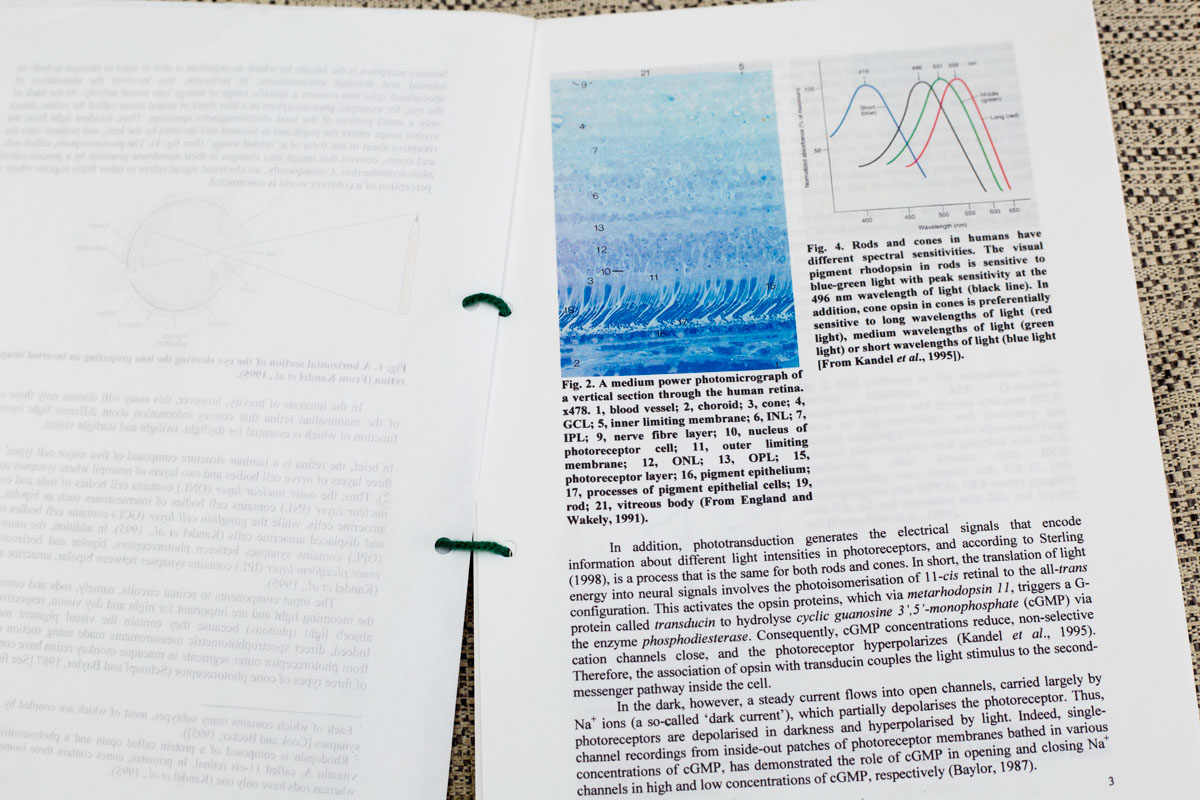How to Write Better Research Proposals
Students often write research proposals as part of their university assessments. They help them to develop their research skills and demonstrate their ability to formulate a research question, conduct a literature review, and design a research plan. Writing a research proposal can be challenging for students, but it can be a rewarding experience with careful planning and organization. So, let us think about how to write a research proposal!

What Is a Research Proposal?
A research proposal (sometimes called a grant proposal) is a document that outlines a proposed research project.
It should include a clear statement of the research problem or question, a review of relevant literature, a description of the research methodology, including the data collection and analysis technique, and a discussion of the expected outcomes and their significance.
Researchers typically write research proposals to secure grants (hence grant proposals) that provide funds from a funding organization (e.g., Wellcome Trust or MRC) for their research project.
However, when students write research proposals it allows educators to assess their understanding of the research process. And also their ability to communicate their ideas effectively.
In short, a research proposal aims to persuade others that the proposed research project is innovative, feasible and likely to yield significant results.
Writing Research Proposals: The Essential Steps
A good research proposal should be well-structured, clear, and concise and demonstrate that the proposed research is feasible, innovative, and likely to advance knowledge in the field.
Here are the essential steps to help students write a research proposal.
Identify the Research Question
Start by identifying the research question or problem you want to address. Make sure it is specific, well-defined, and relevant to your field.
Review the Literature
Conduct a thorough review of the relevant literature to identify gaps, limitations, or unanswered questions related to your research question.
Develop a Research Design
Based on your research question and literature review, develop a research design which includes a clear and concise methodology, data collection methods, and analysis techniques.
Outline the Proposal
Create an outline that includes an introduction, literature review, research design, and expected outcomes.
Write the Proposal
Begin writing your proposal, focusing on each section of the outline. Additionally, ensure your research proposal is well-organized, clear, and concise for others to read.
Revise, Edit and Submit
Review your proposal to ensure it is error-free and that your ideas are clear and logical. Then, submit your work following your institution’s guidelines and requirements.
Questions to Think About Before You Write a Research Proposal
Before writing research proposals, think about several key questions that will help guide your planning and preparation. Here are some questions to consider before you write a research proposal.
- What is the research topic/area of interest? Define the broad subject or theme you wish to investigate.
- What is the existing knowledge on the subject? Conduct a literature review to identify previously published work on the subject. What are the gaps, limitations or problems that your research can address? Moreover, articulate the significance of your research by explaining why it is essential to fill this gap.
- What is the research question/objective? Narrow down your focus and clearly articulate the main question you aim to address. Align this with the identified research gap because they guide the overall direction of your study.
- Why is this research essential? Consider the significance and relevance of your research topic. Why is it worth studying? What impact or contribution can it make to the field or society?
- What is your hypothesis/expected outcome? State the predicted or expected consequences of your research. What do you anticipate finding or discovering through your study?
- What research methodology will you employ? Determine your study’s most appropriate research methodology, such as experimental, survey, qualitative, or quantitative approaches.
- What data analysis technique will you use? Report and justify the type of data analysis you plan to conduct. In addition, ensure the data collection methods and analysis techniques align with your research question or objectives.
- What potential challenges might you encounter? Anticipate and address potential challenges or ethical issues arising during your research. How will you mitigate these challenges?
- What is the expected impact of your research? Consider the implications, applications, or benefits of your research findings. How will your research contribute to the existing knowledge or address real-world problems?
Research Proposal: Assessment Criteria
Regarding the assessment criteria, assessors grade students’ work on the clarity of their research objectives, the feasibility of their proposed methodology, the coherence of their argument (i.e., rationale), and the overall writing quality.
With that, here are some common aspects that assessors consider when assessing students’ research proposals:
- Is the research proposals’ rationale and relevance to the field clear?
- Is the solution and relevance to addressing the research question or problem clear?
- Is the methodology (e.g., group details, tasks, intervention, outcome parameters, statistics, experimental design) appropriate and understandable?
- Are the hypotheses and expected results clear?
- Is the scientific impact/importance explicit?
- Is the research proposal novel and feasible?
- Does the layout use titles, figures, captions, references and correct formatting requirements to enhance readability and flow?
- Is the writing style clear and free from grammar and spelling mistakes?
Summary
A research proposal requires careful planning, attention to detail, and clear and concise writing. It should also demonstrate that the research is well-planned, feasible, and meaningful.
Thinking about the questions above before you write a research proposal will help you clarify the objectives, methodology, and expected outcomes.
Now it’s time to plan your research proposal. Good luck!
Want to get the most out of your degree? Then check out my other pedagogy articles!
Like this student guide? Spread the word.

























